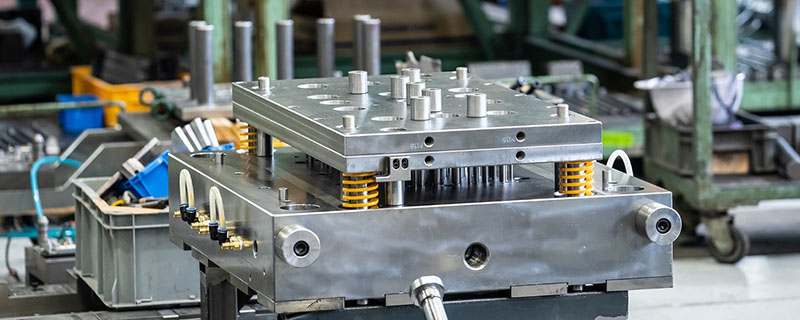The Future of Sustainable Practices in the Injection Molding Industry
2025-02-24

The injection molding industry is on a path towards sustainability, driven by a commitment to reduce environmental impact and meet the evolving demands of a greener future. Recent developments in the industry underscore a shift towards innovative technologies and materials that prioritize eco-conscious manufacturing practices.
With consumer preferences shifting towards environmentally friendly products, injection molders are increasingly turning to renewable and recycled materials to create a more sustainable product line. Bioplastics, derived from sources like corn, sugarcane, and agricultural waste, are gaining traction for their biodegradability and lower carbon footprint compared to traditional petroleum-based plastics.
Dr. Aisha Ramirez, a materials scientist at a prominent research institute, highlights the game-changing potential of high-performance bioplastics in injection molding. She notes that these materials not only offer durability and functionality but also significantly reduce environmental impact, aligning with industry efforts to embrace sustainable practices.
Energy efficiency is another key focus area for the injection molding industry. Companies are investing in advanced mold-cooling technologies and precision control systems to optimize energy consumption during the production process. These innovations not only reduce operational costs but also contribute to a more environmentally responsible approach to manufacturing.
In addition to material innovations and energy efficiency, injection molding companies are enhancing their end-of-life product management strategies. Through product take-back programs and partnerships with recyclers, the industry is increasing the recycling and reuse of plastic components, contributing to a more circular economy and reducing waste sent to landfills.
Sarah Johnson, director of sustainability at a leading injection molding firm, emphasizes the importance of closing the loop on plastic products for the long-term sustainability of the industry. By encouraging customers to return used products and collaborating with recyclers, companies can minimize environmental impact and promote a more sustainable approach to product lifecycle management.
Looking ahead, the injection molding industry is poised to deepen its commitment to sustainability through ongoing technological advancements and the adoption of more eco-friendly practices. By focusing on the use of renewable materials, improving energy efficiency, and implementing circular economy principles, the industry is well-positioned to play a crucial role in shaping a more sustainable future for manufacturing.

